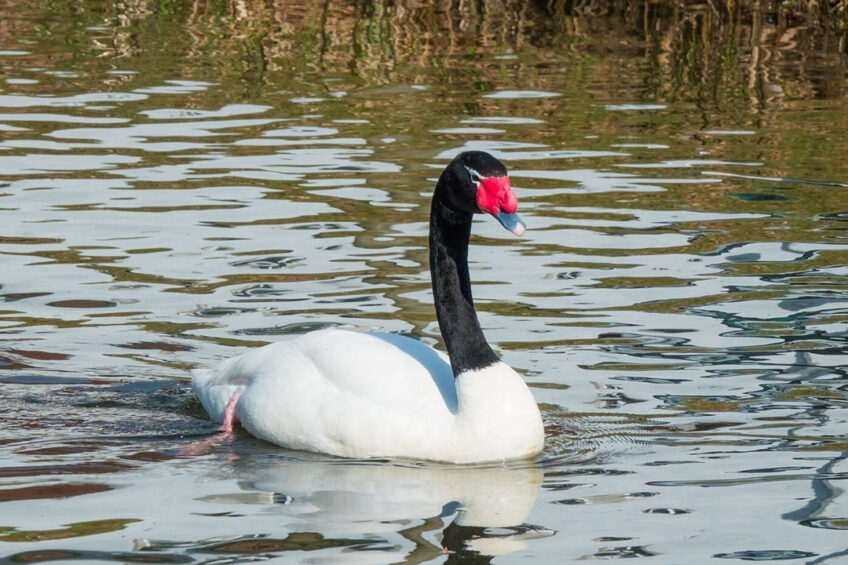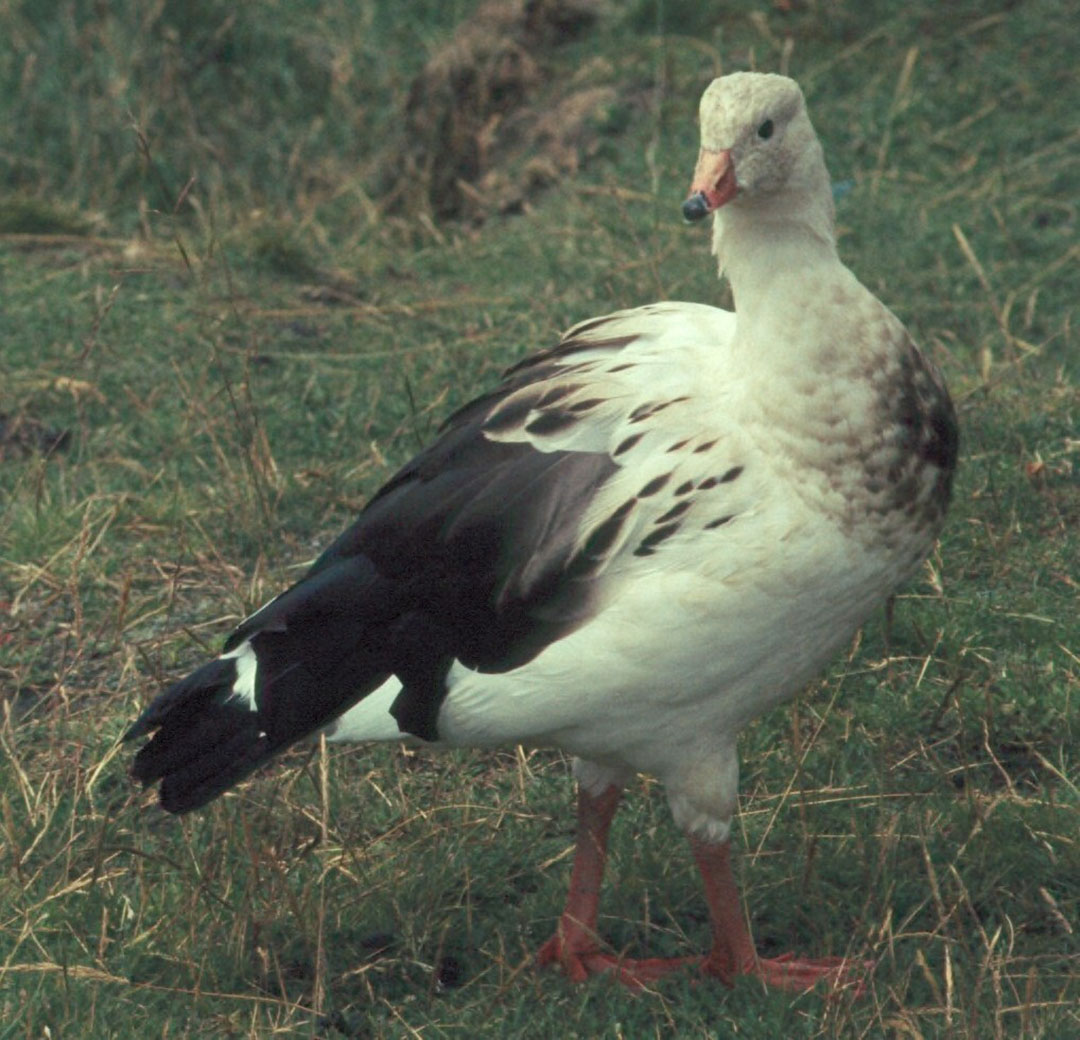Avian influenza reported in Argentina and Uruguay

Argentina and Uruguay confirmed their first cases of avian influenza amongst wild birds on 15 February, reinforcing that the disease is advancing in South America.

All countries in South America have confirmed cases of avian influenza, with the exception of Brazil, Guyana and Suriname. However, the proximity of productive regions in Brazil and the absence of major geographic barriers further increase probabilities of the virus reaching the largest chicken exporter in the world.
In the Uruguayan case, the virus was identified in a black-necked swan near Lagoa Garzón in the south coast of the country. In Argentina, the disease was identified in the province of Jujuy in Andean geese.
According to Uruguay’s El Observador newspaper, authorities from the Ministry of Livestock, Agriculture and Fisheries are assessing the situation and appropriate measures will be taken.
An emergency meeting
Meanwhile, Argentina’s secretary of Agriculture, Livestock and Fisheries, Juan José Bahillo, called an emergency meeting on the matter.
“The presence of the virus in Argentina puts all our services on alert, but it does not surprise us. We have already been working with different prevention organisations and territorial coverage to control the problem,” said the secretary.
According to him, the most common way of entry is through migratory birds, which is difficult to control. “Bird migrations brought the disease-causing virus from the northern hemisphere,” he adds.
Bird flu has wiped out millions of birds in Europe, North America and Asia in the months before its arrival in South America.
Brazil is on alert
In Brazil, after confirmation in neighbouring countries, the Associação Brasileira de Proteína Animal (ABPA) issued a note in which it states that “it is monitoring the actions”.
The disease is devastating for birds and, according to a survey, could cause €2.4 billion in damage to the Brazilian poultry sector.
The Brazilian entity said it was in direct contact with the Asociación de Productores Avícolas Sur, the regional poultry representative, along with members of other organisations in Latin America.
The objective is, together with the Ministry of Agriculture and Livestock, to monitor the situation.
Brazil remains free of avian influenza
In the note, ABPA reinforces the importance for Brazil – which remains free of avian influenza – of keeping biosecurity protocols, especially in the protection of its commercial herds.
“It is worth remembering that the situation registered in Uruguay (with wild birds) is an example of a case that would not suspend trade and exports of poultry products, in accordance with recommendations established by the World Organisation for Animal Health,” says the text.












